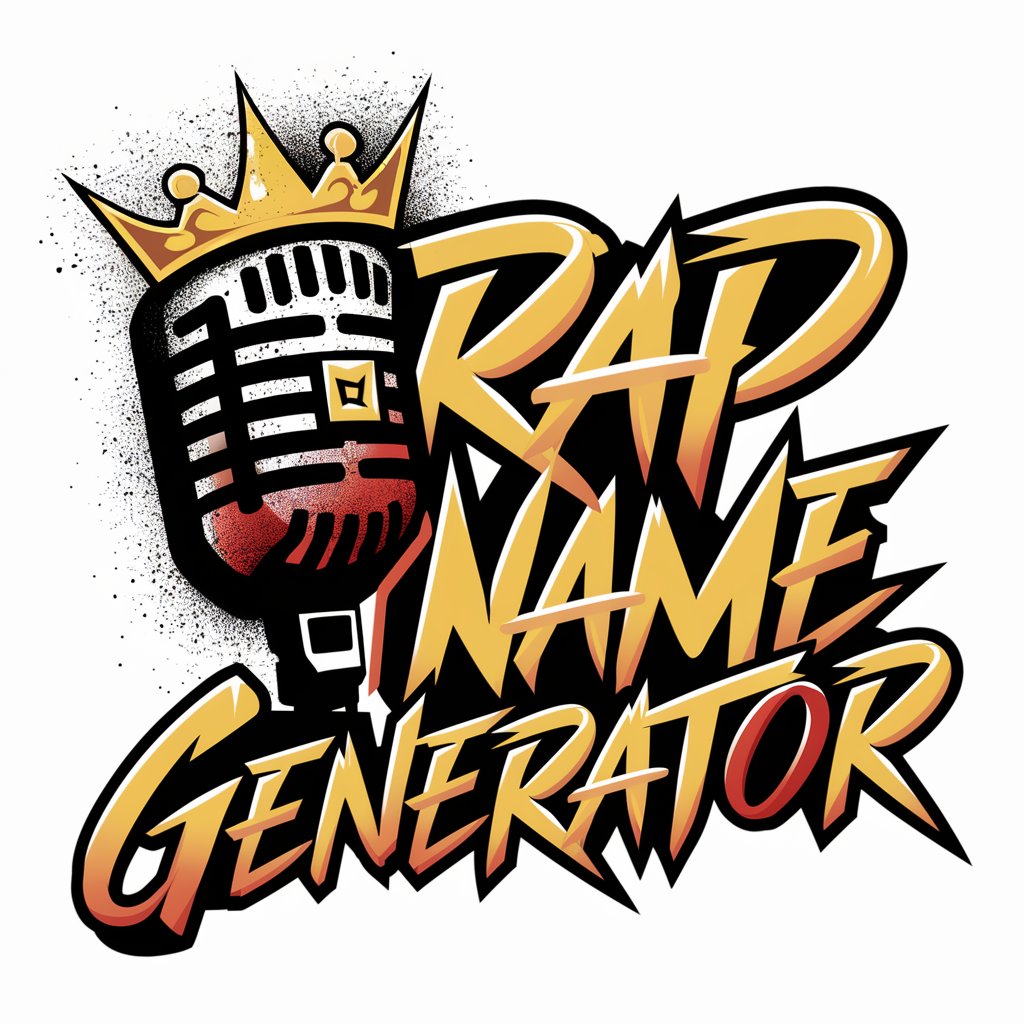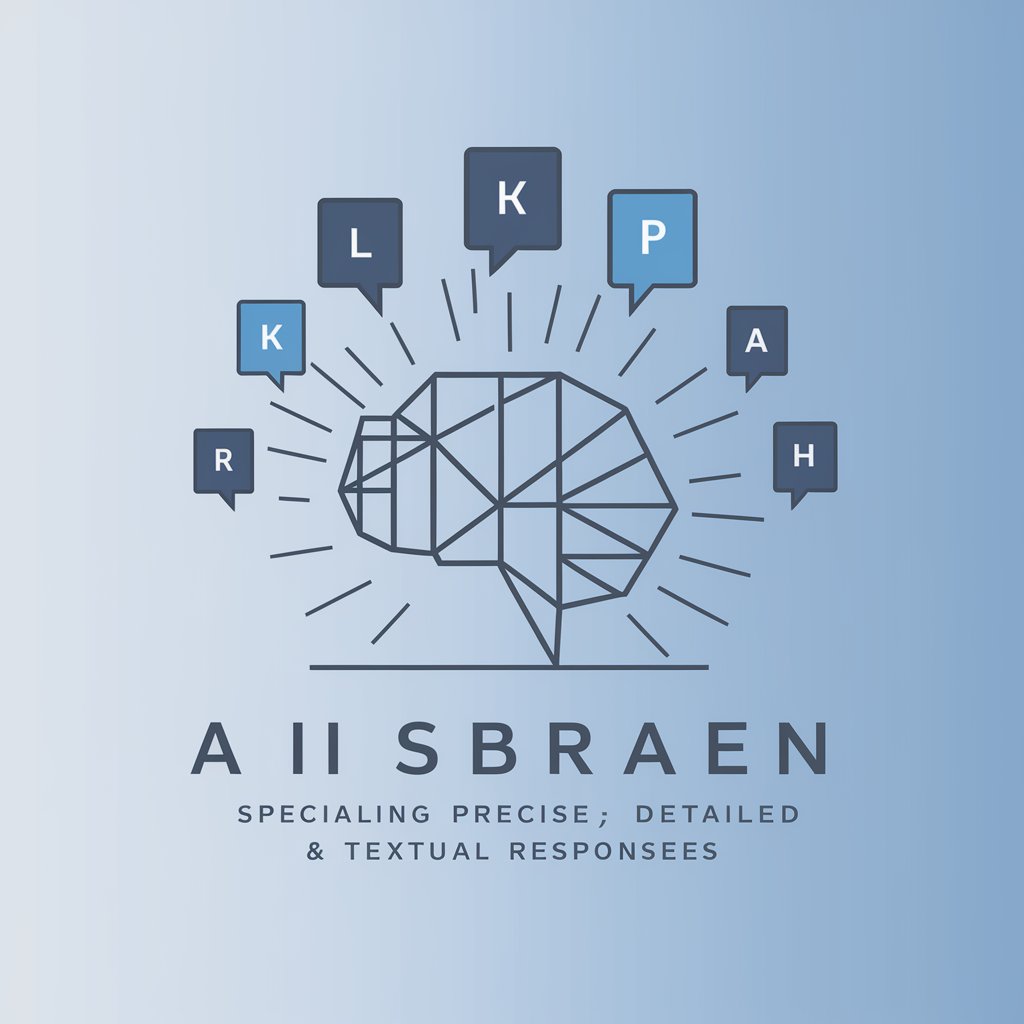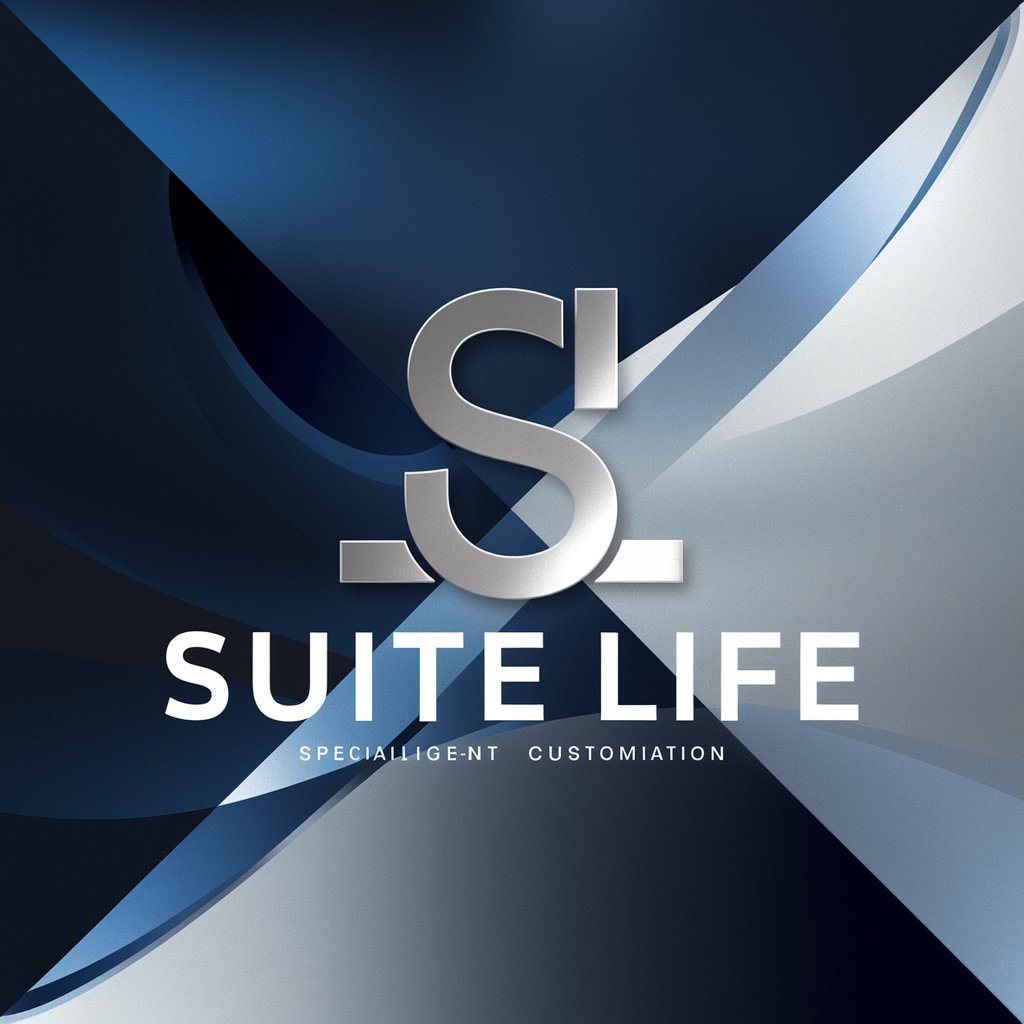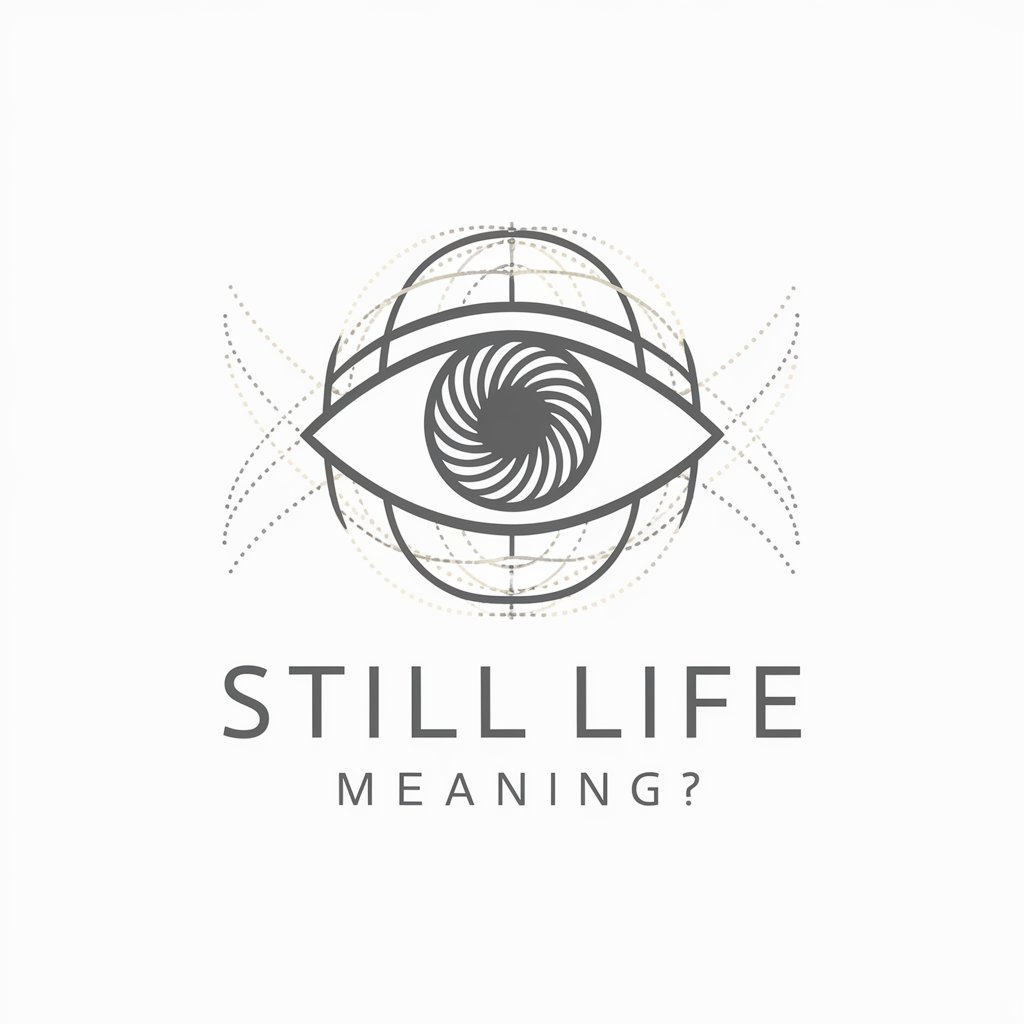Living Will - Advance Directive Guidance

Welcome! I'm here to help you understand living wills and advance directives.
Navigate healthcare decisions with AI.
Can you explain the difference between a living will and a healthcare power of attorney?
What are the essential elements to include in an advance directive?
How can I ensure my living will is legally valid in my state?
What steps should I take to discuss my advance directives with my family?
Get Embed Code
Overview of Living Will
A Living Will, in the context of healthcare and estate planning, is a legal document that specifies a person's preferences regarding medical treatment in situations where they are unable to communicate their decisions due to illness or incapacity. It is a form of advance directive, outlining the types of medical treatments and life-sustaining measures an individual wishes or does not wish to receive, such as mechanical ventilation, resuscitation, tube feeding, or palliative care. The primary purpose of a Living Will is to ensure that a person's healthcare wishes are known and respected, thereby relieving family members and healthcare providers of the burden of making difficult medical decisions during emotionally charged moments. For example, someone with a terminal illness might use a Living Will to state that they do not want aggressive treatments that would extend life without offering a quality of life they find acceptable. This could include refusing certain surgeries, medications, or mechanical life support systems. Powered by ChatGPT-4o。

Core Functions of Living Will
Specification of Medical Preferences
Example
A person with a chronic, progressive illness may specify in their Living Will that they do not wish to undergo CPR (Cardiopulmonary Resuscitation) or be placed on a ventilator should they stop breathing or their heart stops beating, preferring a natural end-of-life process.
Scenario
This function is applied in emergency medical situations where the patient is unresponsive and unable to communicate. Medical staff will consult the Living Will to guide their actions, ensuring treatments align with the patient's expressed wishes.
Guidance for Healthcare Agents
Example
An individual may appoint a healthcare proxy or agent in conjunction with their Living Will, providing clear directives about the extent of medical interventions they desire. This can include instructions on pain management, organ donation preferences, and whether to use antibiotics to treat infections.
Scenario
In a scenario where the individual is incapacitated due to a severe accident, the healthcare agent uses the Living Will as a reference to make informed decisions on the patient's behalf, discussing with doctors and family members the appropriate course of action based on the patient's documented wishes.
Legal Protection for Healthcare Providers
Example
A Living Will can include a DNR (Do Not Resuscitate) order, explicitly stating the individual's wish not to receive attempts at resuscitation if they experience cardiac arrest.
Scenario
Healthcare providers in an intensive care setting use the DNR order from a patient's Living Will to make critical decisions, ensuring that they comply with the patient's wishes and are legally protected for honoring those wishes, even if it means not performing life-saving measures.
Who Benefits from Living Will Services
Individuals with Chronic or Terminal Illnesses
People facing serious health conditions benefit from articulating their treatment preferences through a Living Will, ensuring their medical care aligns with their values and wishes, especially when facing end-of-life decisions.
Elderly Individuals
Older adults, particularly those concerned about dementia or other incapacitating conditions, use Living Wills to communicate their healthcare preferences while they are still able to make clear and considered decisions.
Healthcare Decision-Makers
Family members or appointed healthcare proxies tasked with making medical decisions on behalf of someone else find clarity and guidance in the individual's Living Will, reducing the emotional stress of making such decisions in crisis situations.

Guidelines for Using Living Will
Initiate Access
Start by accessing a platform offering in-depth guidance on living wills and advance directives, such as visiting a website that provides comprehensive resources and tools for creating legal documents without requiring a login or subscription.
Understand Your Needs
Identify your healthcare preferences, including decisions about life support, resuscitation, and other treatments in various medical scenarios. This self-assessment is crucial for drafting a document that accurately reflects your wishes.
Draft Your Document
Utilize templates or guided drafting tools available on the platform to create your living will. Ensure that it includes specific instructions regarding your healthcare preferences and appoints a healthcare proxy if desired.
Legal Validation
Follow your jurisdiction's requirements for making the document legally binding, which may include witness signatures, notarization, or both. It's essential to research or consult with a legal professional to comply with local laws.
Communicate and Store
Inform your family, healthcare proxy, and primary care provider about your living will. Store the document in a secure yet accessible place, and provide copies to relevant parties to ensure your wishes are honored.
Try other advanced and practical GPTs
Life Is A Gift meaning?
Empowering Reflections on Life's Value

Rap Name Generator
Craft Your Unique Rap Persona with AI

Life As We Know It meaning?
Unlock deeper understanding with AI

Salute To A Switchblade meaning?
Elevate creativity and efficiency with AI

Story Of Your Life Is In Your Face meaning?
Decipher Life's Narrative Through AI

She's Out Of My Life meaning?
Unlock deeper meanings with AI

Charmed Life meaning?
Empowering Creativity and Solutions with AI

SUITE LIFE meaning?
Elevate your productivity with AI

Still Life meaning?
Illuminating the essence of still life with AI

In My Next Life meaning?
Empowering creativity and learning with AI.

What Should I Expect?
Navigate life's events with AI-powered insights.

Live Life Loud meaning?
Elevate Your Queries with AI Insights

Frequently Asked Questions about Living Will
What is a Living Will?
A Living Will is a legal document that outlines your preferences for medical treatment in scenarios where you are unable to communicate your wishes due to illness or incapacity. It typically covers decisions regarding life-sustaining treatment, pain management, and end-of-life care.
How does a Living Will differ from a Healthcare Power of Attorney?
A Living Will specifies your healthcare wishes, while a Healthcare Power of Attorney designates someone (a healthcare proxy) to make medical decisions on your behalf. Both are advance directives but serve complementary roles in planning for medical care.
Can I update my Living Will?
Yes, you can update your Living Will at any time to reflect changes in your health preferences or circumstances. It's important to revoke the previous version and inform all relevant parties of the updated document.
Is a Living Will legally binding in all states?
Most states recognize Living Wills as legally binding, provided they meet state-specific requirements, such as witness signatures or notarization. However, laws vary by state, so it's crucial to ensure compliance with local regulations.
How do I ensure my Living Will is honored?
Ensure your Living Will is legally valid, provide copies to your healthcare proxy, family members, and healthcare providers, and discuss your wishes with them. It's also advisable to keep a copy easily accessible in case of emergency.
